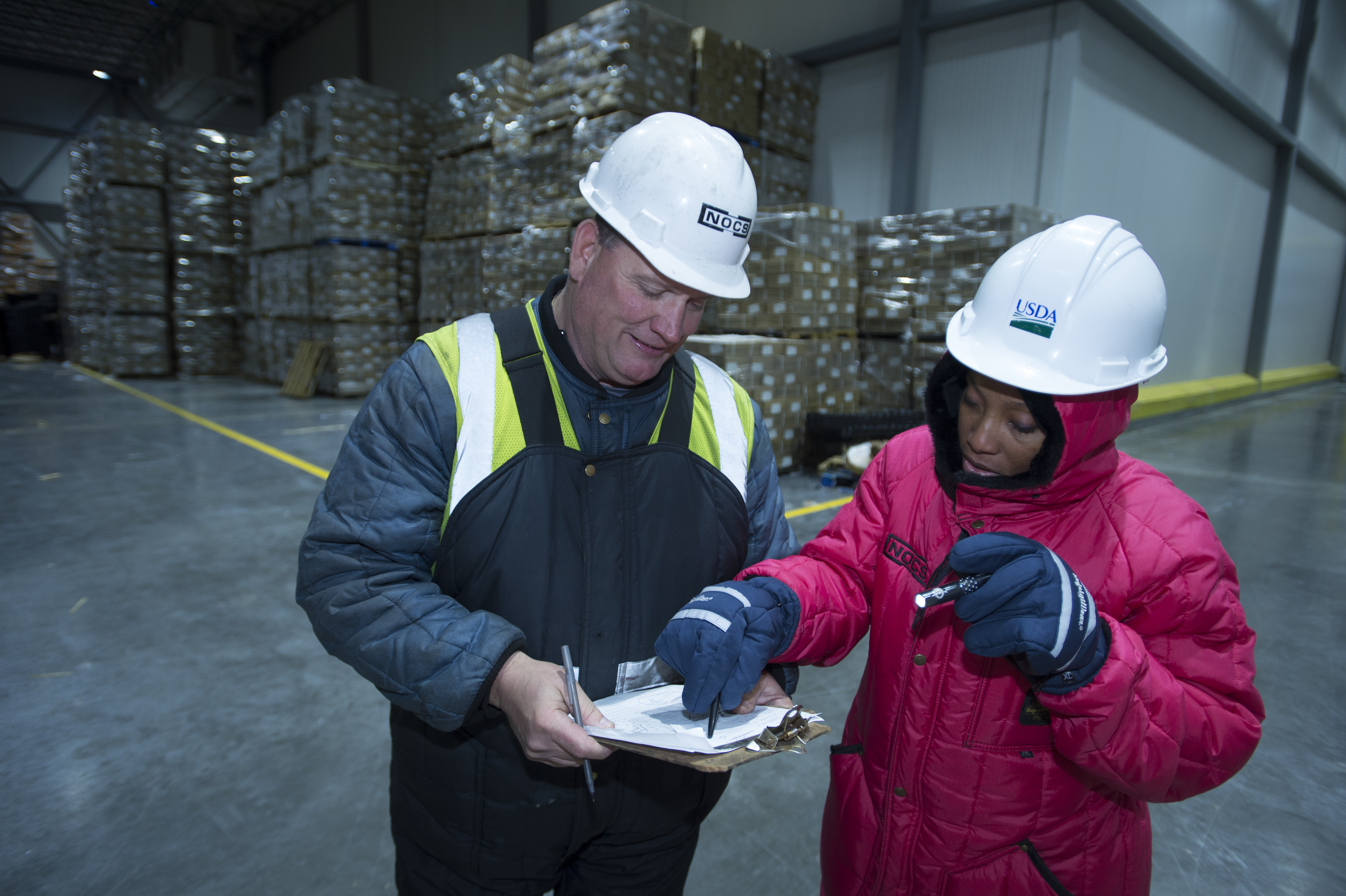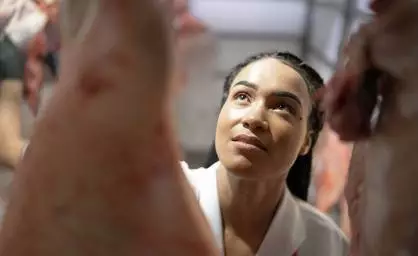
Lauren Lee

Research Focus: Lauren Lee is investigating potential changes in Salmonella levels in poultry products along the supply chain. The findings will provide information to determine where additional controls and/or future educational activities could be focused to reduce salmonellosis, Salmonella infections in the intestinal tract.
Why did you get involved in food safety?
I first got involved in food safety when I was an undergraduate student worker within the Meat Science Department at Texas A&M University. I worked on different microbiology and food safety related projects with graduate students and helped them work in the lab environment. This allowed me to gain knowledge on common lab practices and great experience in order to eventually complete my own undergraduate research project. Then I completed a summer internship at Standard Meat Company in Saginaw, Texas, in Food Safety Quality Assurance, where I gained real world experience and applied my technical knowledge to the workplace.
How do you like seeing the changes in food safety technology?
It is so exciting to see the new and emerging food safety technologies that are on the market today. Public health is our upmost concern, and it is amazing how the protein industry takes food safety so seriously.
Explain in 5 words what you do.
Learn something new every day!
What’s a typical day like for you?
Waking up for my morning routine (working out, breakfast, caffeine) and then heading to work to get an early start on lab work, teaching, or extension activities. I am enrolled in at least nine hours of course work each semester, and also teach undergraduate lab sections for an introductory meat science course.
You have interesting extracurriculars as a coach and a judge. Could you tell us more about them?
I started my judging experience when I was probably 10 or 11 in 4-H, then throughout junior and high school. The National Future Farmers of America Organization, especially in Texas, is really big with livestock and meat judging. It's a competitive event.
When I came to A&M, I started out on the wool judging team. I participated in meat judging and then I judged livestock. I've done all three teams as an undergraduate. As I progressed, I decided to go to grad school, and they asked me if I would coach the 2024 meat judging team in fall 2023. You get to work with students and develop them over the course of about a year and a half. You teach them in a class. We travel miles and miles everywhere in the country, competing on behalf of Texas A&M.
For meat judging in a nutshell, you select meat products based on quality with different cuts and carcasses of beef, pork and lamb. I owe a lot to competitive judging teams at A&M in setting me on this food safety and meat science path.
The Meat Science Quiz Bowl is another event. It's like Jeopardy! or competitions where you buzz against each other. They have meat science and muscle biology questions. All the schools compete in this big contest. I had an opportunity to coach that as well in the summer.
What's something you learned in school that you’re applying during the fellowship?
Time management. I have learned through numerous extracurricular activities and balancing schoolwork that procrastination is not the key to success. I have learned how to prioritize tasks in the order of importance and then complete them.
What’s stood out to you working with an FSIS mentor?
They are all so helpful and provide great feedback. Every question I have had in regard to my project is always answered in a positive way that guides me on the right path. It has been a great experience! Each person on my team is extremely knowledgeable in a variety of areas.

I've grown so much as a person in the way I think about things. Some of the things my advisors here at A&M say may not be what FSIS mentors think. It's not wrong advice. The FSIS mentors gave me a different way to look at the project and design, which guided me in the right direction. Mark Campbell at the USDA lab in Georgia gave me a lot of advice and sent me documents that helped with my lab methods. Isabel Walls has been great from a timeline perspective and throwing ideas on the wall. “Could you add this? Maybe we should take this away.”
Selena Kremer and Sarah Edwards did a two-hour science communications training to prepare us for FSIS presentations. I realized how important it is to relay technical information in a way any audience can absorb and understand.
What’s a milestone that you're proud of in this program?
I am proud of my ability to work independently. I have figured out more technical lab methods than ever before and have successfully executed them by myself. It’s given me a lot of self confidence in my abilities that I hope to carry with me into future projects and even a career one day.



